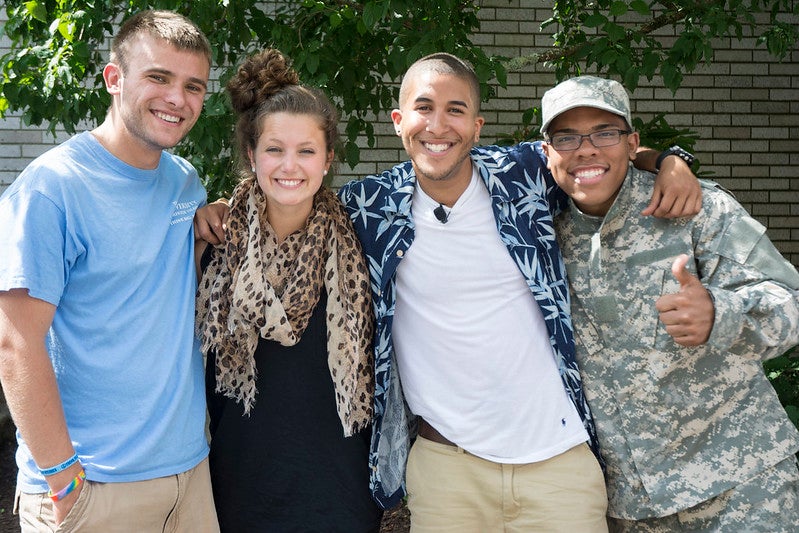The University of Rhode Island offers a vibrant and diverse array of student organizations, clubs, and societies that allow students to engage deeply with the campus community. Whether you’re passionate about healthcare, education, advocacy, or the arts, there’s a place for you to connect, grow, and lead.
Our office encourages you to explore involvement opportunities that reflect your personal interests and values. Your on campus involvement should be meaningful to you, whether that means volunteering with underserved populations, mentoring peers, participating in health equity initiatives, or joining a cultural or recreational club. These experiences not only enrich your time at URI but also help shape your identity and future goals as a healthcare professional.
Your involvement doesn’t need to be strictly medical to be impactful. In fact, admissions committees value non-clinical volunteering because it demonstrates your commitment to community, empathy, and service.
Here is a list of all health-related student organizations at URI. Did we miss one? Email prehealth group to let us know and we’ll get you added!
- Active Minds
- CELS Seeds of Success
- Delta Epsilon Mu
- DocOpp
- Exercise is Medicine On Campus
- Kinesiology Club
- Medical Laboratory Science Club
- NMDP Chapter of URI
- NORD Students for Rare
- Neuroscience Club
- Pre-Dental Club
- Pre-PA Club
- Pre-Physical Therapy Club
- Public Health Club
- Student Nurses Association
- Timmy Global Health
- URI Red Cross Club
- Women in Pre-Med
Start Something New
Already involved in campus life? That’s fantastic. If you’re looking to expand your impact or don’t see a club that fits your interests, consider starting your own! URI’s Student Activities Office provides resources and guidance to help you launch new organizations and bring your ideas to life.
Reflection: Making Meaning of Your Experiences
As you engage in volunteer and community activities, take time to reflect on what you’re learning. Every experience can help you develop the AAMC Core Competencies for entering medical students. We encourage you to use the competency framework to guide your thinking and deepen your understanding of your journey.
Use reflection as a tool to connect your actions with your growth—academically, personally, and professionally. We suggest tracking your experiences using Mapp’d or in your Handshake profile.
Leadership: Big and Small
Leadership can take many forms. Whether you’re organizing a campus event, mentoring a peer, or serving as an officer in a student organization, these roles help you develop essential skills for your future in healthcare. Leadership is one of the core competencies and demonstrates your ability to guide, support, and collaborate – skills that are vital in clinical settings.
You don’t need a title to be a leader. What matters is your initiative, your impact, and your ability to inspire others.

